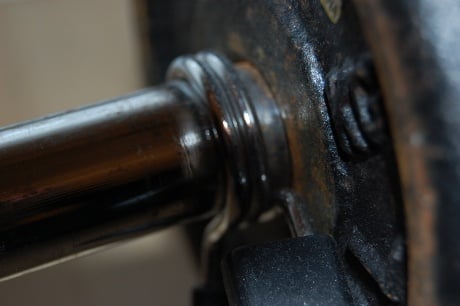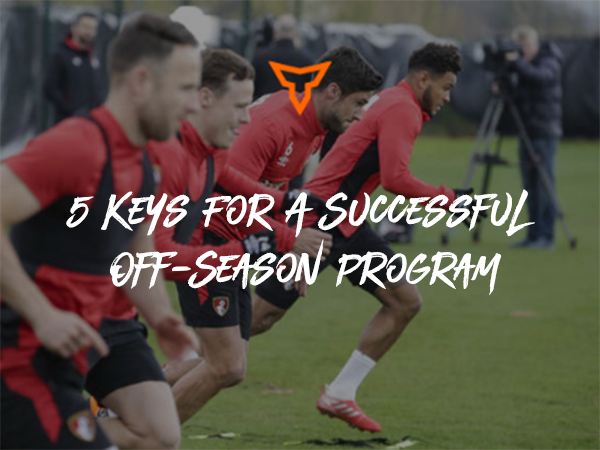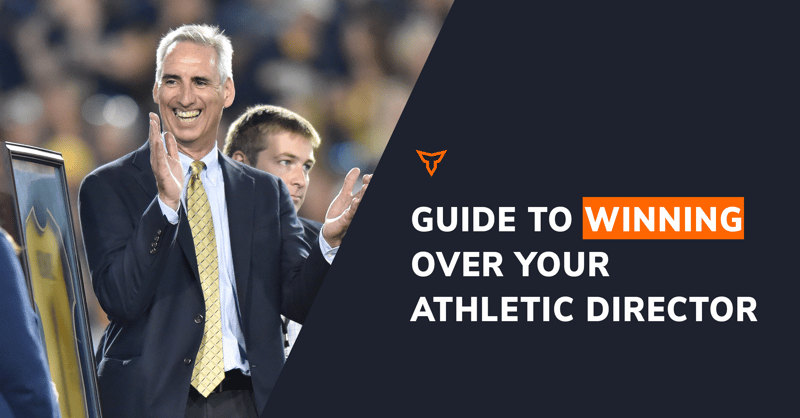Sports seasons can be long and brutal, especially if you’re a high school athlete who participates in multiple sports. High school athletes who participate in 2 – 3 sports, on top of AAU, select teams and camps, may never get a true off season their whole high school career. It is important that we recognize the unique demands placed on high school athletes and find ways to aid in their development and recovery in the quest to maximize their genetic potential. Here are a few things to keep in mind after a competitive season.
Rest
After a long season, it is very important that a multisport athlete has physical rest along with mental rest. Athletes need time to step away from the mental stress of having a time commitment to honor every day after school. Working adults are all familiar with how wiped out we feel after a long day or week at work. Our minds and bodies need a rest and to disconnect from our work loads. A week away from work usually does wonders with increased productivity and motivation when we return.
The body recognizes stress…it does not differentiate between physical stress and mental stress. Being able to step away from the day to day time commitments after school, may help aid in the athlete’s recovery. The amount of rest needed is greatly dependent on the individual athlete, but I generally recommend 1 to 2 weeks of time off. Here are two things to consider when determining how much time off the player needs:
- Does the athlete need to recover from nagging injuries?
- How much playing time did the athlete get throughout the course of the season?
I have found that if I give athletes 2 weeks off, after the first week they are ready to start training again or practicing with their next sport. Although rest is an important part of recovery after a long season, too much rest can be detrimental. It is up to coaches to know their athletes and to be mindful of what length of rest periods are most effective.
Unstructured Workouts and Active Recovery
Although we want our athletes to rest after a long season, we don’t want them in a sedentary restful state. We definitely want to avoid the athlete sitting on the couch playing video games for two weeks while not getting any type of physical activity. It is important to encourage active recovery. If the next sport is basketball, encourage the athletes to play pickup basketball with their friends after school for a week before starting basketball practice. Depending on how the basketball coach schedules practice, if the first part of practice is a shoot around or pick up type period, the athlete could just participate in the first part of practice for the first week or two.
If an athlete does not participate in the next season’s sport, coaches could offer open gym hours for the athletes to workout. During this open gym time, I like to leave it up to the athletes to choose their exercises so that they are in control of what they do in the gym. The athletes are able to stay active while doing what they want which works perfectly in a period of active recovery.
Businesses as Usual
Kids strive with structure, so it is important to get back to the regular routine after the week or two of rest is completed. In the regular routine, the schedule is set so that the athletes know exactly what they are doing and where they are going. The athletes going to their next sport should start in-season training and practicing full time with their team. The athletes not currently in a sport should begin their off-season training.
If It Has Been a Long Season - Figuratively Speaking
Some seasons have felt long because they have been disappointing. After the season ends, the strength coach is one of the main coaches to work with the athletes. After a disappointing season, the strength coach must help to keep the spirits up and the athletes motivated to work hard and get better every day.
It is important that the strength coach’s expectations remain consistent with the athletes’ attitudes and effort whether the team is winning or losing. This lets the athletes know that you care for them. The athletes will know that your motivation for them to push themselves and become better every day is not dictated by a scoreboard or a season record.
It is also important to give your athletes empathy, not sympathy, after a tough season. Let them know you understand what they are going through. You understand it is extremely hard on top of tests, homework, relationships, etc. to stay motivated and push daily to be their best. Let them know also that it is necessary to do hard things daily to build the discipline necessary to become successful in their sport and in life. The athlete feels acknowledged, but is not allowed to dwell in the disappointment of the season.
Subscribe to our blog
Subscribe to receive the latest blog posts to your inbox every week.
Related posts

Your Guide to Off-Season Training Part 1: Early Off-Season

5 Keys For A Successful Off-Season Program


